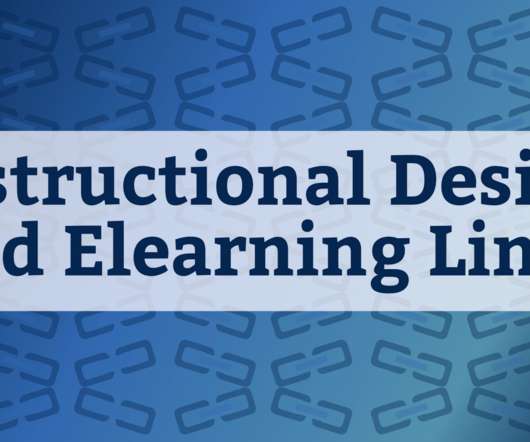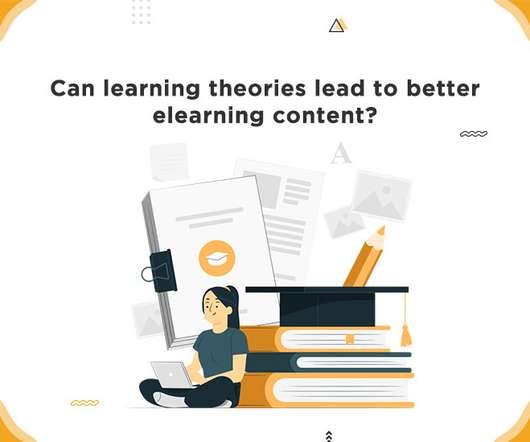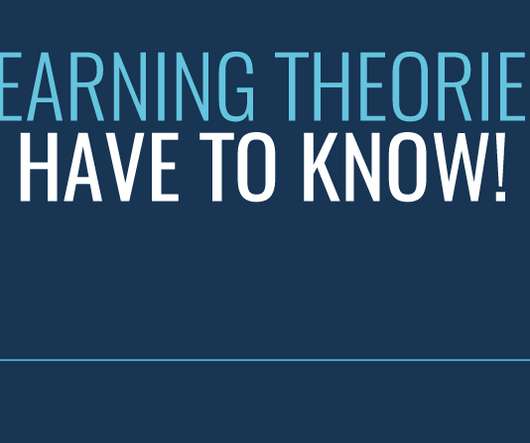Games, Organizing, & Motivation: ID Links 10/25/22
Experiencing eLearning
OCTOBER 25, 2022
Organizing information, files, and procedures. The PARA Method: A Universal System for Organizing Digital Information – Forte Labs. Content Theories Of Motivation. Leslie Jamison. I haven’t tried it, but it might be interesting to test for creating branching video scenarios. Motivation.




























Let's personalize your content